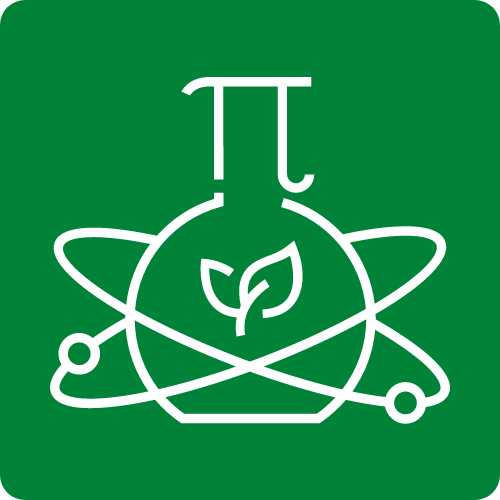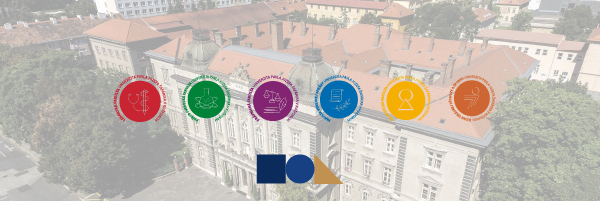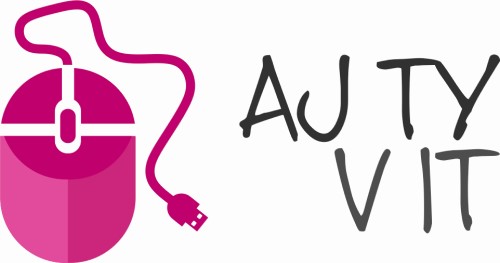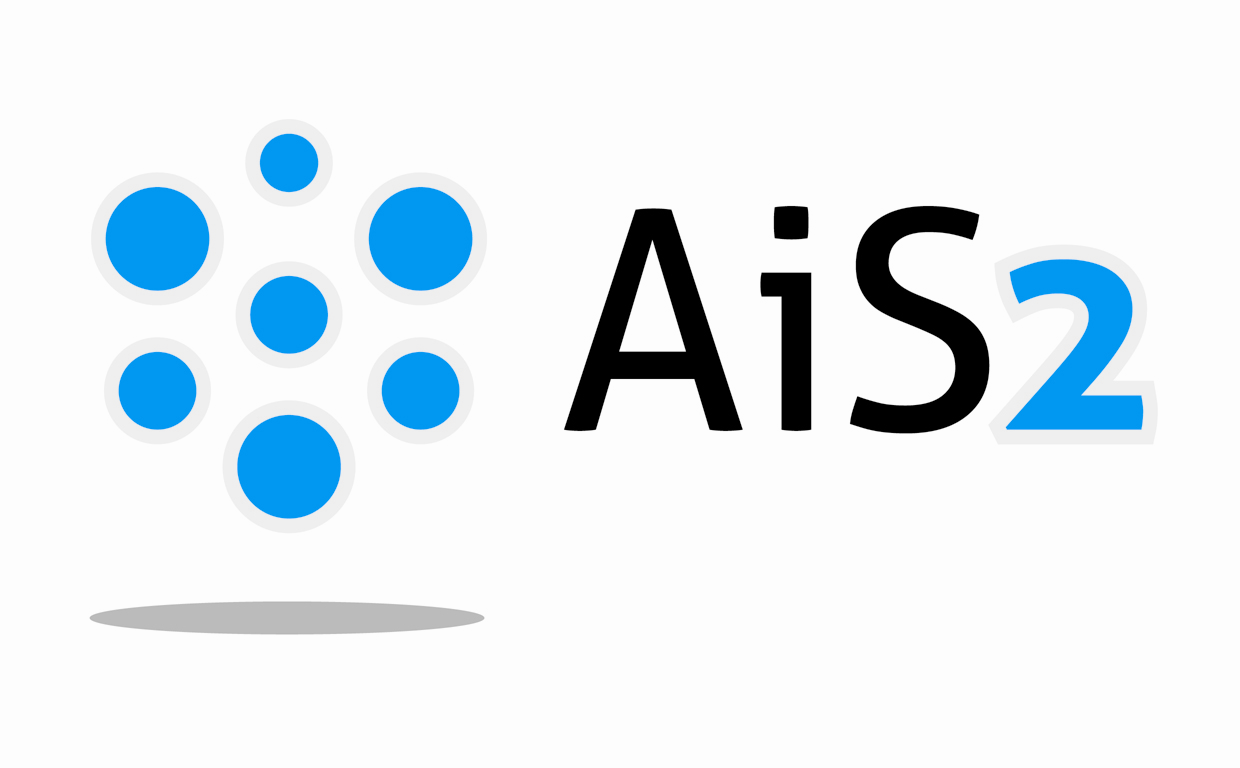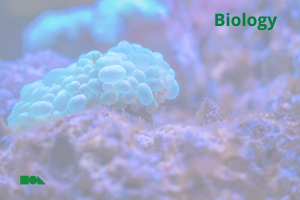
The graduate from PhD. studies of PLANT PHYSIOLOGY will acquire large theoretical knowledge and an ability of creative work in this field of science. He will master the methods of the study of plant physiological processes regulation in interaction with dynamic factors of environment. Scientific erudition in plant metabolism and problems of mechanisms of regulation and development of autotrophic organisms will contribute to the solution of problems of environment formation and protection. The graduate will acquire methodological abilities for experimental work in applied research, too, such as the methods of molecular biology, biotechnology, karyology, enzymology and some chemnical analytical methods as well as mathematical methods of experiment evaluation.
The graduate of the study program Animal physiology is skilled in scientific research methods in the field of experimental physiology, which he/she is able to implement creatively on various model objects. In solving problems he/she is based on the latest knowledge in physiology, biochemistry, ethology and molecular biology. He/she examines the functional link between individual systems and physiological processes in terms of their integration as well as of the control of animal behavior. With results of own creative work hi/she not only contributes to the development of experimental science, but is realizing also their application in human and veterinary medicine, agriculture, pharmacology and biotechnology. The graduates assert themselves well at research institutes and universities in their homeland as well as abroad, in the health sector and in the corporate sphere.
Graduates of this doctoral programme are employable in a wide range of professions. They are employed in research-oriented professions, especially in the academic environment as university teachers and researchers focusing on molecular biology, genetics, cytology, microbiology, physiology, immunology and others, and in institutes of the Slovak Academy of Sciences. Some PhD graduates work as postdoctoral researchers abroad. Outside the academic environment, they are employed in various medical institutions and biomedical institutions or pharmaceutical companies, where they work in the field of diagnostics, but also in managerial positions.
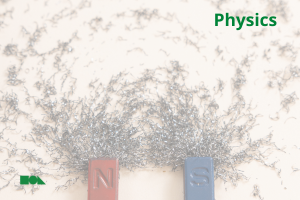
Graduate of Biophysics PhD Programme has mastered experimental biophysical methods. He or she is capable to apply these methods to solve wide spectrum of problems in life sciences (physiology, molecular biology, biochemistry, pharmacology and theoretical medicine, theoretical biology and medicine, immunology, bioinformatics). Graduate of Biophysics has mastered the newest interdisciplinary science methods and their practical application in biology, nanotechnologies, and bioinformatics. He or she is capable to study, formulate and solve scientific problems, has mastered methodology of scientific work, scientific problem definition, publication and presentation of research results at the scientific meetings.
The aim of education within the doctoral study programme is to prepare graduates in the specialisations Theoretical Physics, Astrophysics or Nuclear and Subnuclear Physics possessing a wide range of expert knowledge, skills and competences corresponding to level 8 of the National Qualification Framework of the Slovak Republic. Graduates of this study programme will obtain a third-level university degree in Physics, with a dominant focus on theoretical physics, astrophysics, nuclear and particle physics, space physics or medical physics. Direct educational activities are preferably carried out during the first half of the studies, and scientific research activities are concentrated in the second half of the studies. The Doctoral Programme in Physics produces a small number of graduates in all fields of study who are 100% employed in practice either in universities and research institutions at home and abroad and also in various creative positions in computer companies (e.g. Siemens, GlobalLogic, Ness…).
The student who will obtain PhD degree in the program Physics of Condensed Matter will acquire deep physical insight in solid state physics enabling him to follow the current state of the art in the subject. Scientific methods he/she will become familiar with are focused on the investigations in a wide temperature scale, and also sensitive spectroscopic techniques under normal and extreme conditions, more specifically, at high magnetic fields and very low temperatures. The student will gain skills in preparation of various nanostructures and in their microscopic diagnostics as well. The obtained experience in scientific work will make the student able to become a valuable part of a research team, yet to work with creativity and task targeting. The student will be capable to use the acquired knowledge in practical applications, develop novel materials, technologies and methods. The obtained skills and knowledge will enable him/her to find an academic position in various research areas, position in industry, both in public and private sector.
The graduate of the study programme Theory of physics education is able to understand the process of cognition in physics in a wide context, he masters theoretical basis of theory of physics education in order to be able to apply this knowledge creatively in solving wide spectrum of problems in the field of active learning for different target groups, he is able to use different teaching methods and approaches as well as wide range of digital technologies. He masters specific teaching methods and technologies in teaching in order to design, carry out and analyse pedagogical research in the field of physics education and he is ready to be involved into the research projects within the European framework.
Graduate of the study programme Advanced materials has general overview in the field of properties, production technology, applications and research of advanced materials. Graduate is able to govern methods for developing and characterization of materials like different methods for rapid quenched alloys, synthesis of nanomaterials, spectroscopic and microskopic methods for structural investigation of the materials. Graduate also obtained knowledge about basic magnetic, electrical and mechanical characteristics of materials. He or She also can manage modern experimental technique for his /her own applications for transfer of technology. Graduate governs current IT on the level corresponding with the highest stage of higher education and he or she is able to be qualified scientist for practical applications and basic research.
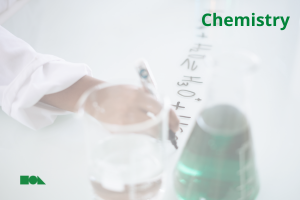
Graduates of Analytical chemistry study programe are able of independent and creative research work and deliver their own solutions of problems into the field of analytical chemistry. They have sufficient skills in scientific methods of research and developments in analytical chemistry with a focus on chromatography, spectral analysis, identification of analytes and evaluation of analytical results. Graduates also gain the ability to solve the challenges of social practice in both analytical and synthetic way. Acquire the necessary knowledge for developments in the field of study and publish the results of their own work. Moreover, they are also able to teach specialized chemical subjects at universities as well as plan and lead a research team independently.
Graduates of the doctoral study program Inorganic Chemistry are able to carry out scientific work in an independent and creative way. They govern scientific research methods for study of inorganic and bioinorganic compounds as well as materials with a focus on progressive methods of research in inorganic chemistry (nanomaterials, chemistry of high-temperature superconductors, biocoordination chemistry, the use of non-metallic minerals – bentonite, zeolite, etc.). Graduates are able to find promising scientific research directions, to formulate a scientific problem, to conduct a research project, choose suitable experimental techniques to solve the scientific problem and to lead a research team. PhD. graduates can find jobs in research institutes and universities in homeland as well as abroad.
Graduate of Biophysics PhD Programme has mastered experimental biophysical methods. He or she is capable to apply these methods to solve wide spectrum of problems in life sciences (physiology, molecular biology, biochemistry, pharmacology and theoretical medicine, theoretical biology and medicine, immunology, bioinformatics). Graduate of Biophysics has mastered the newest interdisciplinary science methods and their practical application in biology, nanotechnologies, and bioinformatics. He or she is capable to study, formulate and solve scientific problems, has mastered methodology of scientific work, scientific problem definition, publication and presentation of research results at the scientific meetings.
Absolvent PhD study of Physical Chemistry is suitable to form basis to get employed in research labas at any university or SAV. They are successful about positions of university teachers and researchers. They have good experiences from spectral method, heterogennou catalysis, electrochemical processes and coatings, surface chemistry and others. Characteristic processes are able to mathematically describe and get a model. They can do research chemical, physical, biological and environmental labs.
Graduates of the doctoral program of Organic Chemistry are capable creative scientific work. They dominated the scientific methods of research and development in organic chemistry with a focus on multistage synthesis of complex organic compounds, stereoselective synthesis, the use of organometallic compounds, synthesis work using microwave heating and targeted synthesis of natural compounds. Graduates are able to teach specialty chemical courses in college and are competent to conduct research careers in organic, bioorganic and pharmaceutical chemistry laboratories in the chemical and pharmaceutical companies. They can independently lead research team and work effectively in leadership positions in research institutions.
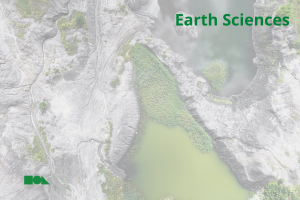
The graduate has a wide knowledge on theoretical and empirical aspects of geoinformatics amd remote sensing. The graduate is able to use the newest GIS methods and geospatial technologies. He/She is able to solve complex geospatial problems and apply the geospatial and geographic knowledge to practical tasks in a very innovative way. The graduate is able to research theoretical and methodological aspects of geoinformatics, especially in the area of geospatial analyses, landscape processes modelling and application of the most modern methods of remote sensing. He/She can do a scientific work including publishing the papers in the scientific journals and public presentation of scientific results. He/She can formulate research questions and using appropriate methodologies to solve them creatively. He/she has an excellent overview on the newest knowledge, methods and technologies in the given study area and use them in many practial applications. The graduates are employable in the reseach and development organizations, universities, state and local governments, as well as private sector such as GIS software or data collection and GIS processing companies.
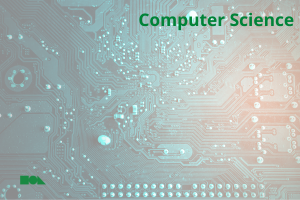
The graduate in the PhD. Program of Computer Science has deep theoretical and methodological knowledge in key areas of computer science, on the level corresponding to the current state of the art. Within the scope of compulsory elective subjects (and in accordance with the research area of thesis), the student can be specialized in one of the following areas: (a) artificial intelligence and application of artificial neural network techniques, (b) deductive, inductive and abductive systems and their application for flexible queries, (c) probabilistic algorithms, cryptography, and information security, and (d) automata theory and computational complexity.
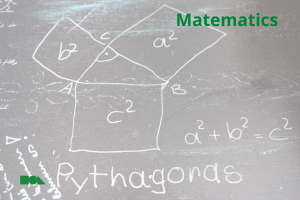
The profile of a graduate of the Mathematics doctoral study programme corresponds to level no. 8 of knowledge, skills and competences according to the National Qualification Framework of the Slovak Republic in the European area of higher education.
Knowledge: a graduate of the mentioned study program has deep general and specialized mathematical knowledge and insight into the theoretical foundations of selected mathematical disciplines and their application aspects.
Skills: during the study, the graduate will master scientific methods of theoretical research and methods of its application in other fields, presenting research results in various forms, including implementation for practice, publishing in scientific journals, speaking at scientific conferences, as well as methods of research team cooperation or principles of leading a research team.
Competencies: the graduate is able (independently as well as in a team) to create continuous or discrete mathematical models of situations from various scientific fields, propose their solutions both on a theoretical basis and through practical implementation with the help of computer technology. He is also able to maintain contacts with the latest developments in his discipline and continue his own professional advancement
A graduate of the Theory and Practice in Mathematics Teaching will have gained quality education in mathematical disciplines from a curriculum focused on teaching of mathematics mainly in the areas related to IKT, pedagogically-psychological disciplines, as well as quantitative analysis. He or she will be able to apply the acquired theoretical knowledge to problem solving in a society practice, work with academic libraries and journal literature, utilise Internet resources, present personal results at local and international conferences, and formulate mathematical problems, projects and other forms of activation for students.
